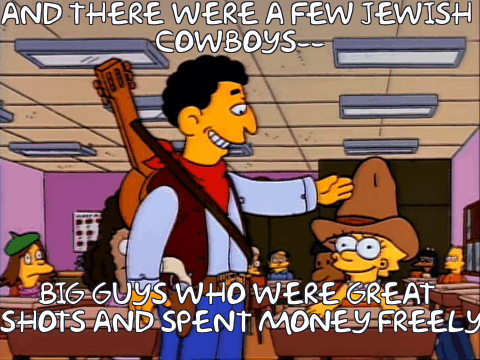I do what I do@DanMcCollum
As usual, pointing me toward similar patterns in adjacent US states has been immensely helpful.
These are all good thoughts. You may want to take a look at this memoir for some inspiration. We read it for one of my classes at NDSU for rural history and I think it's right up your alley.
The Jewish Western Museum website also has a lot of info about Jewish settlements on the High Plains, it looks like.
Now, I do think that a wealthier and more populous Jewish community on the Canadian Prairie would lead to heavier settlement in the Dakotas and not less. As you've stated, the major Metropolis for the region was Chicago and later the Twin Cities. Deapitw the national boundary, the High Plains really are a region into themselves and the Canadian side influences the American and vicevera. As one example, Canada's NHS actually got started by Nonpartisan League members from ND and MN who moved into the region.
So my best guess is that, much like the German-Russians, you'd see spillover from Canada establishing colonies in the Dakotas as well. You'd likely see larger Jewish communities eventually migrating to Winnipeg, Grand Forks, and Fargo and for the economic prosperity of those to reinforce the rural settlements as well.


